Restorative Practices in Academic Medicine (RPAM)
formerly Restorative Justice in Academic Medicine (RJAM)
Creating a cohesive community.
With compassion and humanity at its core, DGSOM Restorative Practices in Academic Medicine (RPAM) builds a community where liberating dialogue and authentic collaboration foster belonging, resilience, accountability, and wellbeing for all.
Since 2018, DGSOM has embarked on a journey to implement restorative practices as a tool to:
- Build & Strengthen Relationships
- Prevent Conflict / Harm
- Respond to Conflict / Harm
- Repair Relationships
- Create Positive Re-Entry / Reintegration Processes after School/Work Leave
Under support from the Dean’s Office of Inclusive Excellence, the RPAM Steering Committee has made strides to launch these restorative practices via education and training opportunities and community support services.
“My experience of restorative practice was that it helps individuals to see the ‘other’ as someone to whom we are connected. We may be surprised by what we share in common with others even when on the surface there may be apparent differences. [It is] about sitting with others and listening deeply...”
46
478
125
74 Staff
45 Faculty
6 Trainees
12
9 Staff
3 Faculty
Where have faculty, staff, trainees, and students experienced RPAM?
15
Clinical Departments
Anesthesiology & Perioperative Medicine
Emergency Medicine
Head and Neck Surgery
Medicine
Neurology
Neurosurgery
Obstetrics and Gynecology
Ophthalmology
Orthopaedic Surgery
Pathology & Laboratory Medicine
Pediatrics
Psychiatry and Biobehavioral Sciences
Radiation Oncology
Radiology
Surgery
Urology
3
Basic Science Departments
Biological Chemistry
Microbiology, Immunology and Molecular Genetics (MIMG)
Neurobiology
3
Research Institutes
UCLA Stein Eye Institute
Molecular Biology Institute
Semel Institute for Neuroscience and Human Behavior
3
Education & Research Centers
Intellectual and Developmental Disabilities Research Center
Jonsson Comprehensive Cancer Center
UCLA Simulation Center
8
Dean’s Office Groups & Committees
DGSOM JEDI Committee
DGSOM JEDI Leads
DGSOM Educational Affairs
DGSOM Chief Administration Officers (Basic and Clinical)
DGSOM Committee on Learning Environment Oversight (CLEO)
DGSOM Cultural North Star Grantees
DGSOM Committee on Academic Standing Progress and Promotion (CASPP)
DGSOM Medical Students (since the Class of 2021)
6
Affiliates / UCLA Main Campus Groups
UCLA Office of Ombuds Services
UCLA Library
VA Greater Los Angeles Health Care
Harbor UCLA
Olive View
Venice Family Clinic
How are participants describing RPAM?
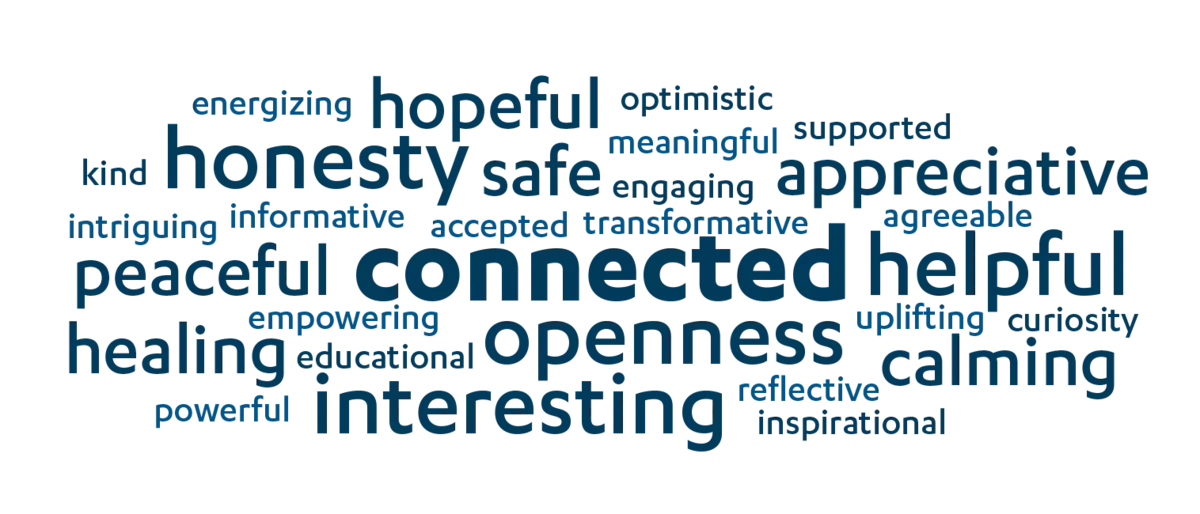
What are Restorative Practices?
Don’t know much about Restorative Practices? Start here to gain insight into this centuries-old approach to community building.
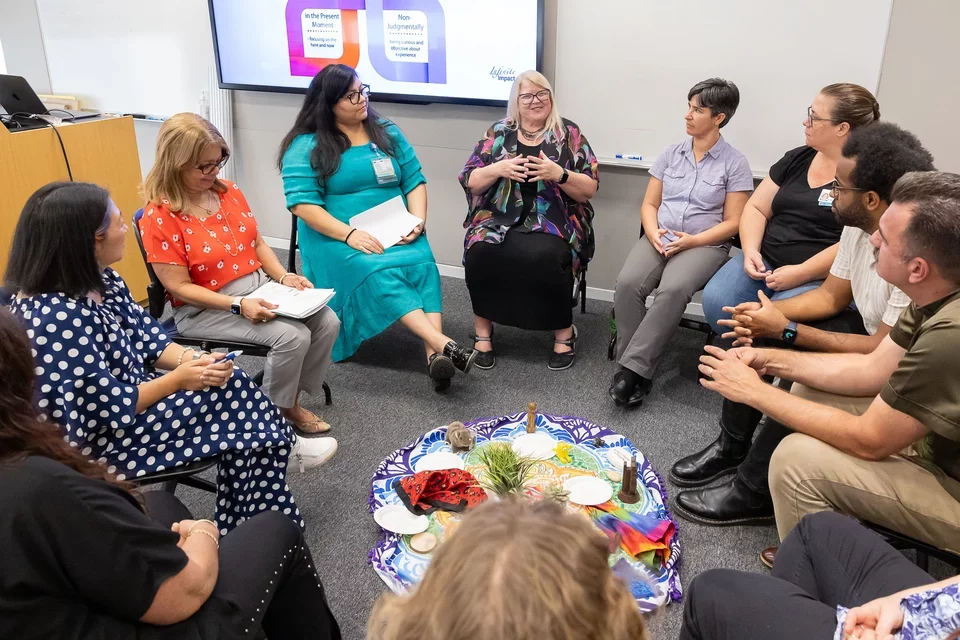
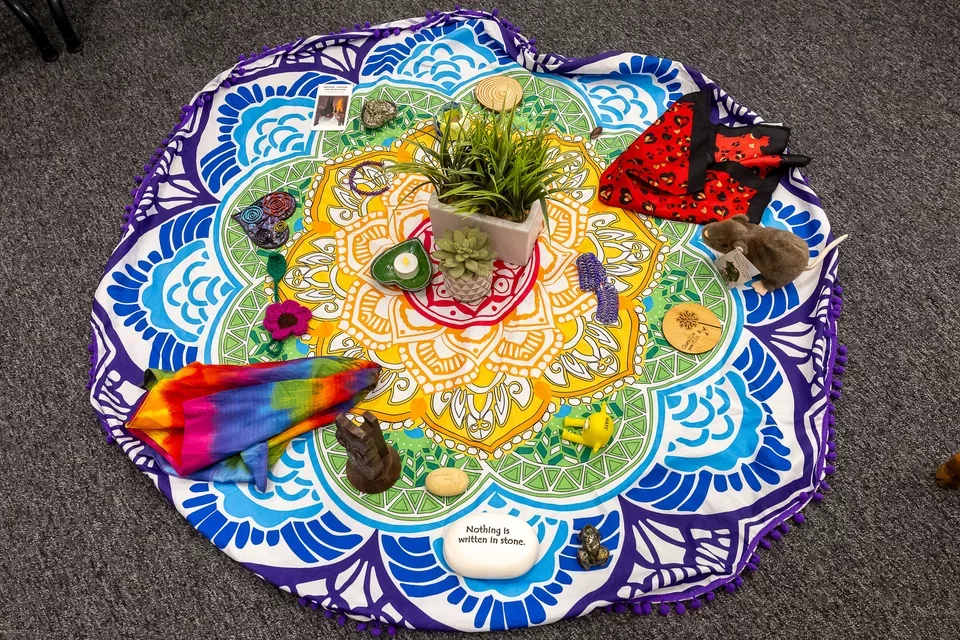
Purpose & Use
Restorative Practices primarily involve the use of “Circles,” which are tools that seek to address and support the health and wellbeing needs of our community.
Implementation
Discover what steps we are taking to activate Restorative Practices at DGSOM and where we are at in the process.
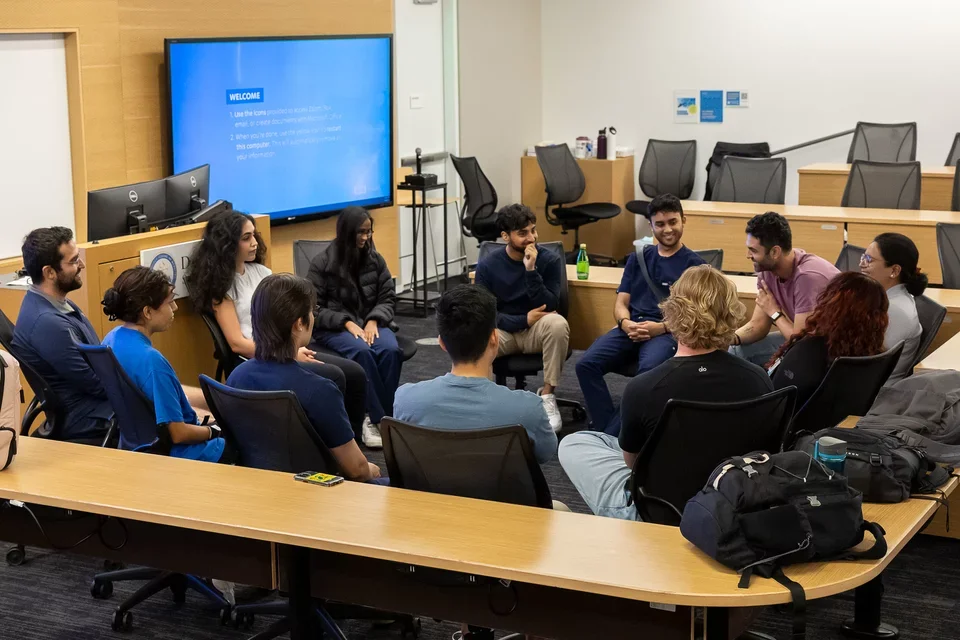
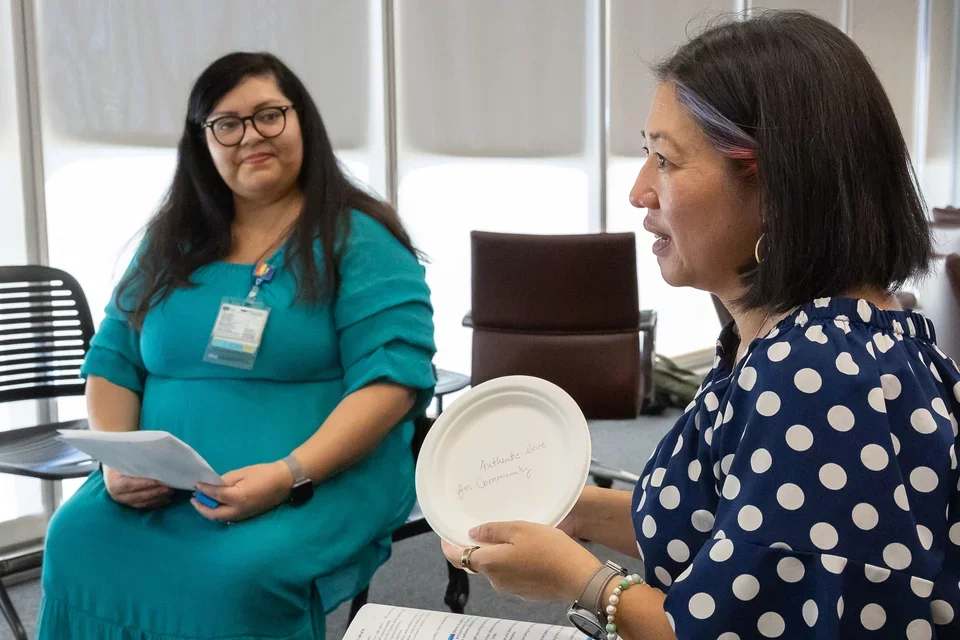
Education & Training
Get a hands-on crash course in RPAM or become a certified “Circle” facilitator.
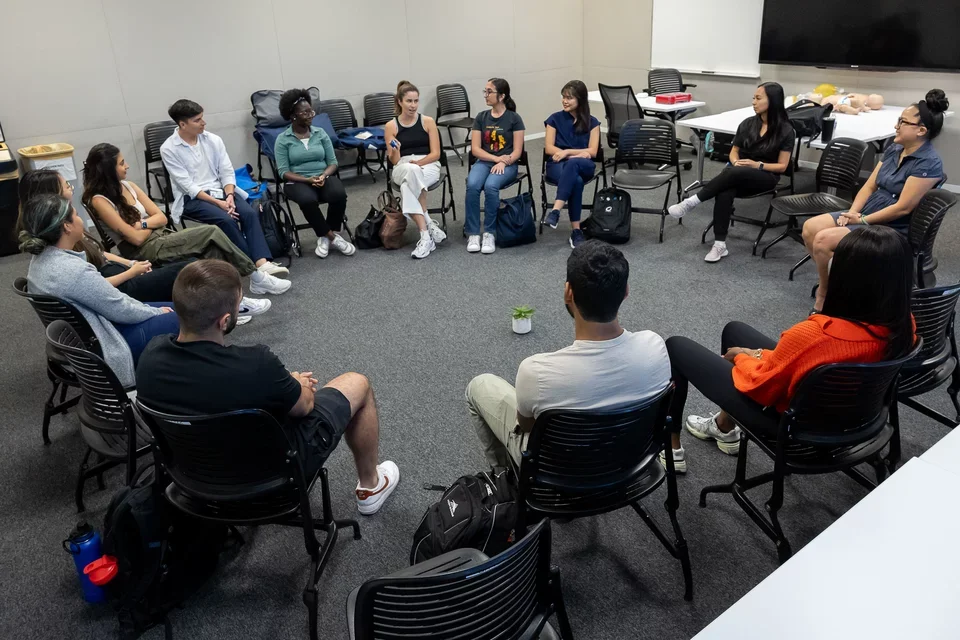
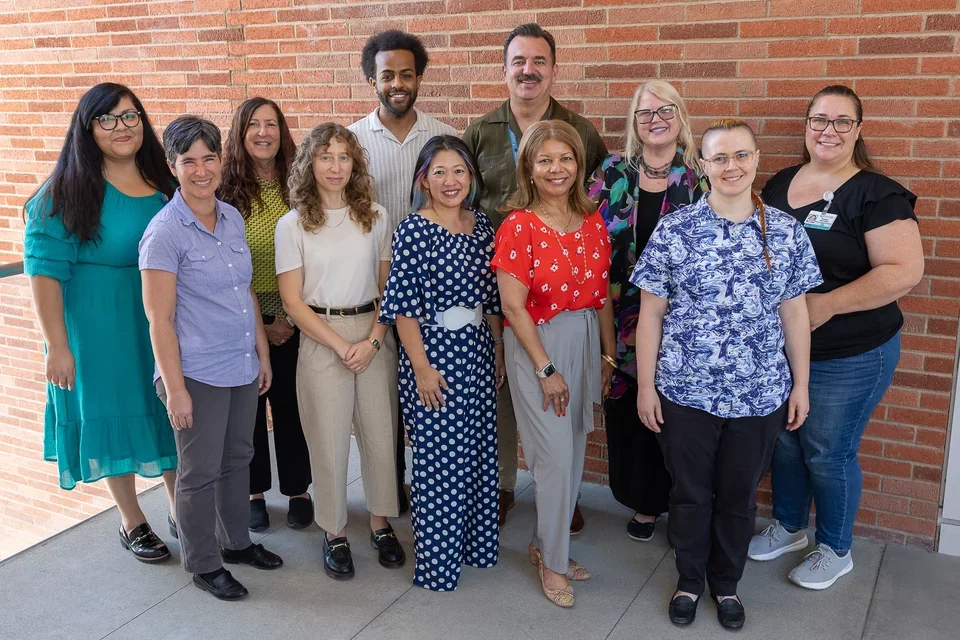
Our Team
Much of the work done to support RPAM is executed by volunteer faculty, staff, and trainees.